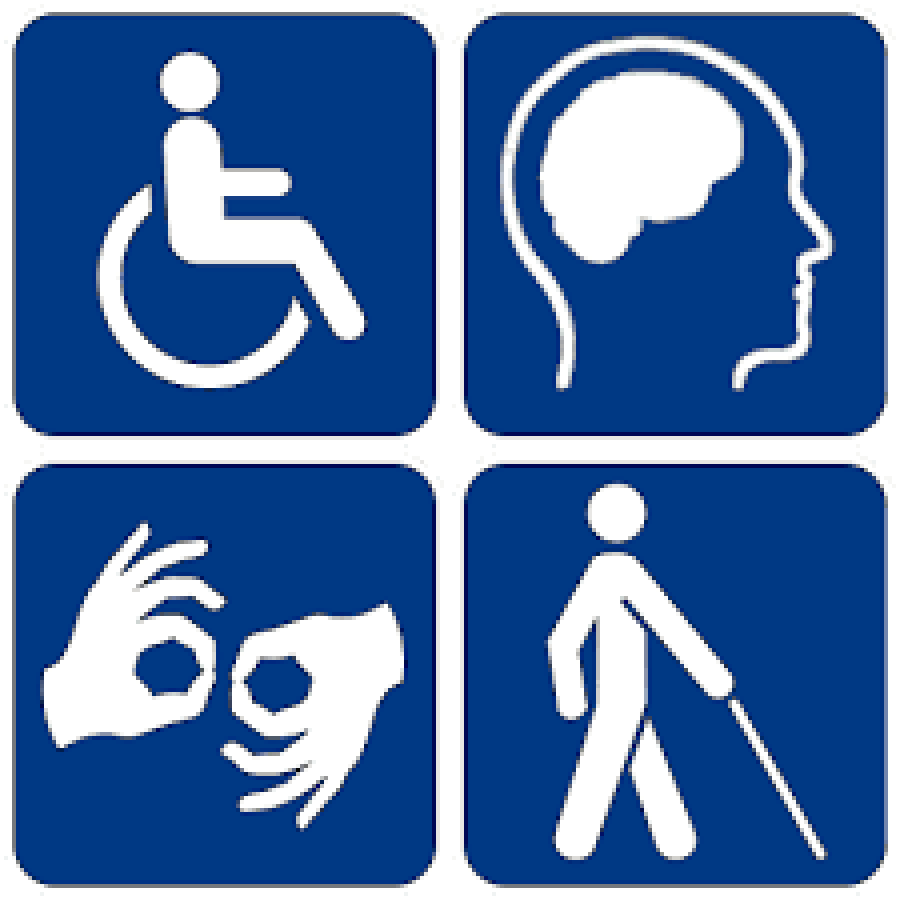Blog

Blog
Call us today for a free initial consultation on 0800 772 0341
Disability discrimination in the workplace
Published 13 January 2020


For an employer dealing effectively with any complaint from an employee is essential and it is especially so if it is one of disability discrimination.
The evidence is not always as obvious and blatant for example as a wheelchair user being told they cannot meet a prospective new client because it is not the image an organisation wishes to present. It can be much more subtle than that.
Under the Equality Act 2010 a disability is defined as a physical or mental impairment that has a ‘substantial’ and ‘long-term’ negative effect on your ability to do normal daily activities (1).
- ‘substantial’ is more than minor or trivial, eg it takes much longer than it usually would to complete a daily task like getting dressed
- ‘long-term’ means 12 months or more, eg a breathing condition that develops as a result of a lung infection.
While it may be easy to identify some physical disabilities employers have to be careful with what are known as hidden disabilities, which may not be visible at a glance, but can have a major impact on people's lives (2)
Psychological conditions such as stress, anxiety and depression are among the most common hidden conditions that employers are having to deal with.
The recently published Health and Safety at work report 2018/2019 revealed that workplace stress, anxiety and depression has increased (3)
There were 595,000 reported cases in 2017-18, the latest report showed that number has now risen to 602,000 for 2018-19.
In the case of Sadeghi v TJX UK (2017) the employment tribunal found that the claimant who suffered with depression and anxiety long-term had been subjected to disability discrimination when he was dismissed (4).
In the workplace disability discrimination occurs when a disabled employee is treated unfairly because, or as a result of, their disability. It generally occurs if an individual is subjected to some form of detriment (i.e. any disadvantage) because of, or as a result, of their disability
The treatment could be a one-off action, the application of a rule or policy or the existence of physical or communication barriers which make accessing something difficult or impossible. The discrimination does not have to be intentional to be unlawful.
There are different types of disability discrimination, which include:
- Direct discrimination – when an employee is treated worse than a colleague in a similar situation because of their disability
- Indirect discrimination - when an employer has a particular policy or way of working that has a worse impact on a disabled member of staff compared to other employees.
- Failure to make reasonable adjustments - under the Equality Act employers have a responsibility to make reasonable adjustments to ensure and employee is not put at a disadvantage in the workplace (5).
- Harassment – treatment in the workplace that makes an employee with a disability feel humiliated, offended or degraded.
- Victimisation - This is when someone is treated badly because they have made a complaint of discrimination under the Equality Act.
The law on disability discrimination covers all aspects of employment from recruitment through to the end of employment and beyond.
Employers should have established policies in place to ensure that all employees are treated fairly regardless of their physical or mental ability.
Effective procedures should also be in place to deal with any complaints of disability discrimination. Unlike unfair dismissal claims an individual does not need two years’ service to make a claim for disability discrimination – they can do so from their first day of employment.
There is currently no cap on the level of compensation regarding such a claim if it is successful. This has long been the case and it is something all employers should be aware of
As far back as 2007 it was reported that a gardener with learning disabilities was awarded just over half-a-million pounds (£550,499) for disability discrimination after he was unfairly dismissed from his job.
Disability discrimination is a serious matter and should always be taken seriously and dealt with promptly and fairly.
References:
1. Equality Act 2010 [Internet] www.gov.uk [Cited 13.1.2020] https://www.gov.uk/definition-of-disability-under-equality-act-2010
2. Hidden disabilities [Internet] www.bbc.co.uk [Cited 13.1.20] https://www.bbc.co.uk/news/disability-39732505.
3. Health and Safety report [Internet] www.hse.gov.uk [Cited 13.1.20] https://www.hse.gov.uk/statistics/overall/hssh1819.pdf
4. Sadeghi v TJX UK (2017) [Internet] www.gov.uk [Cited 13.1.20] https://www.gov.uk/employment-tribunal-decisions/mr-a-sadeghi-v-tjx-uk-2200211-2017
5. Reasonable adjustments [Internet] www.gov.uk [Cited 13.1.20] https://www.gov.uk/reasonable-adjustments-for-disabled-workers
“A reputation built on success”
For free employment law advice or if you are affected or want information and support by any of the issues in this article please give us a call. 0333 772 0611
A reputation built on success
If you're facing any of the issues in this article - or need guidance on disciplinary, grievance, or redundancy matters - call us today. Our expert Trade Union Representatives are available to represent you in crucial workplace meetings, with pay as you need support.